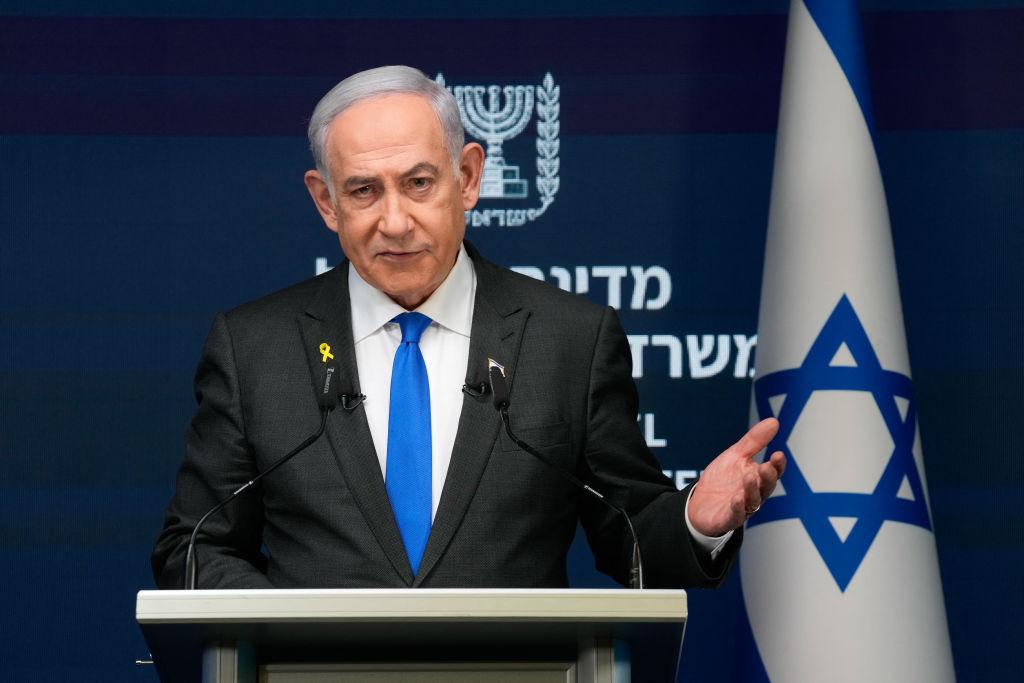Israel announced Sunday it is delaying its release of 602 Palestinian prisoners scheduled for Feb. 22, the same day that Hamas released six more Israeli hostages in “humiliating” conditions.
The exchange was the last with Israeli hostages as part of the first phase of the fragile cease-fire deal.





